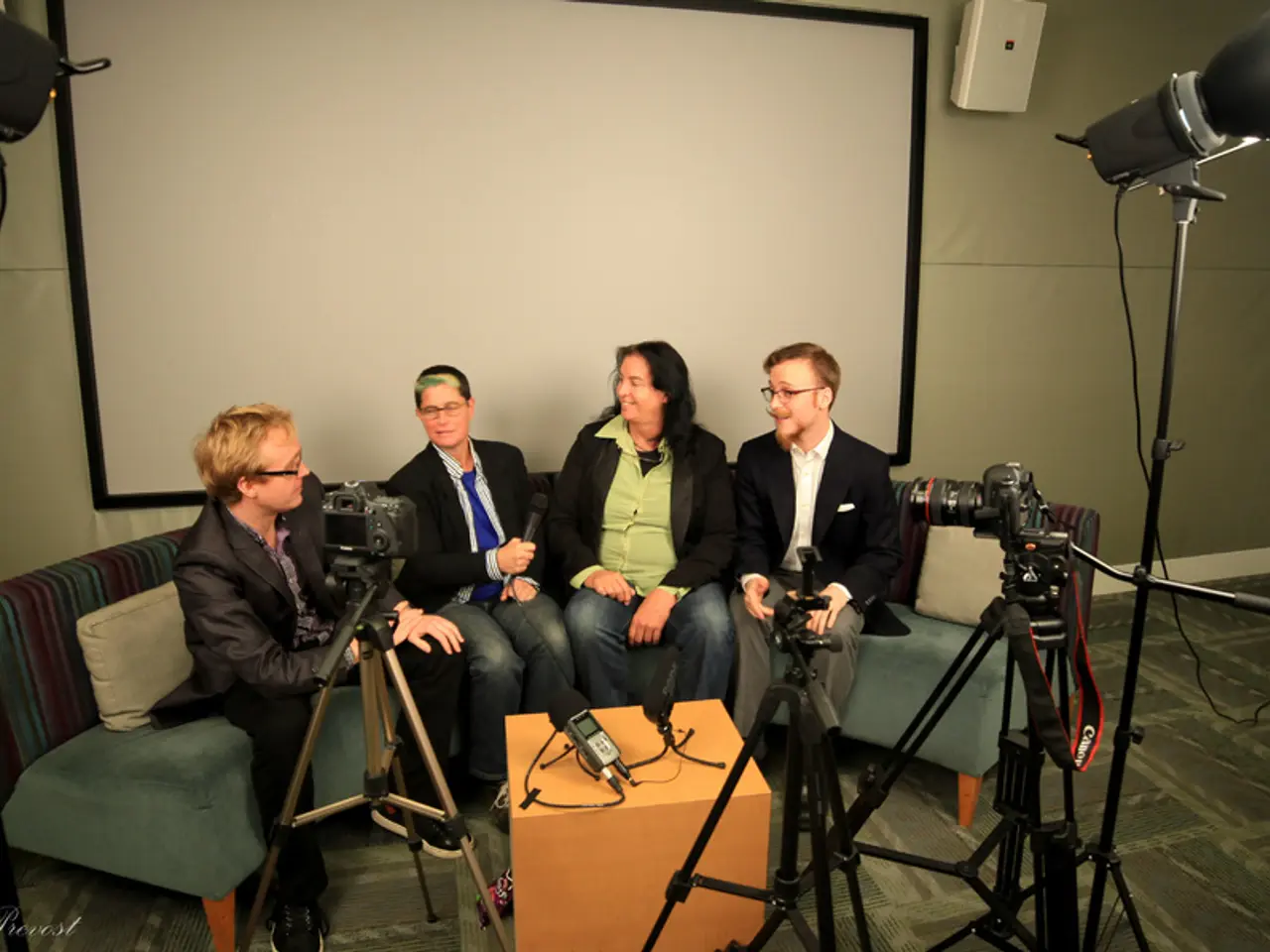Unleashing Human Potential: The Difference Between Coaching and Mentoring
In today's fast-paced business world, the importance of skill development, performance improvement, and career advancement cannot be overstated. Two powerful tools that have emerged as key drivers of success are coaching and mentoring.
Coaching, a structured and goal-oriented process led by a trained professional, is designed to help individuals enhance specific skills, overcome performance barriers, and achieve measurable outcomes. Coaching relationships often focus on performance improvement, leadership development, or transition support. Unlike mentoring meetings, coaching sessions are direct, time-efficient, and centred around practical execution.
Mentoring, on the other hand, is an informal, relationship-driven process where an experienced professional shares knowledge, perspective, and guidance to support someone's long-term personal or career development. Mentoring relationships are developmental and often grow into lasting professional connections. Mentoring comes in various forms, including traditional one-on-one mentoring, peer mentoring, group mentoring, reverse mentoring, and flash mentoring.
The financial benefits of both coaching and mentoring programs are substantial. The average return on investment (ROI) for coaching programs is notably high, especially for companies. For individuals, the median ROI is approximately 3.4 times the initial investment, while for companies, the median ROI reaches about 7 times the original amount spent, with some businesses reporting returns as high as 50 times their investment.
In terms of mentoring's impact on company profits via career support, mentoring is closely linked to improved financial outcomes. According to the Association of Business Mentors, 64% of business leaders felt that mentoring directly boosted their profits. Mentoring builds long-term professional development by sharing knowledge, advice, and navigating organizational culture, all of which enhance employee capabilities and career trajectories, indirectly leading to better company performance and profits.
AI-powered sales coaching, for instance, can lead to significant financial gains by accelerating the ramp-up time for sales representatives, reducing turnover, and saving managerial time. This results in an estimated annual ROI of $5.58 million for a mid-sized commercial team of 500 reps and 50 managers, excluding direct sales performance gains.
In summary, both coaching and mentoring provide substantial returns through skill development, faster onboarding, reduced turnover, and enhanced career growth, collectively improving company profitability. Goals in a coaching engagement are mutually defined but ultimately owned by the individual receiving the coaching, while mentoring relationships are usually mentee-driven, with the mentee determining the focus of each interaction. Coaching is transactional and time-limited, designed to deliver a clear result, whereas mentoring tends to unfold over a longer period, sometimes continuing informally for years.
Whether you're an individual looking to advance your career or a company aiming to boost its profitability, investing in coaching and mentoring programs could be a game-changer.
An individual's career development can be significantly improved through coaching, which offers a structured approach to skill enhancement and performance improvement, focusing on specific areas like leadership development and transition support. On the other hand, mentoring, an informal yet critical relationship between an experienced professional and a mentee, contributes to education and self-development by sharing knowledge, perspective, and guidance, thereby aiding long-term personal and career development.




